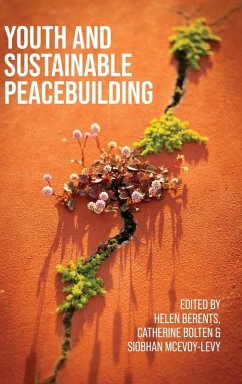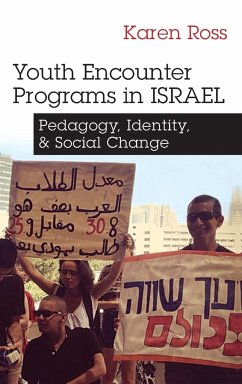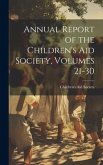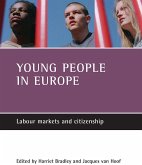Peace processes around the world are not sustainable unless they take young people-who have the most to lose from continued conflict-seriously. The recent global Youth, Peace, and Security Agenda (YPS) officially recognised the "positive" role that young people can play in peacebuilding processes, which means that the time is ripe to consider exactly how youth are or are not "inclusively represented", do and do not undertake "meaningful participation", and are recognized-or fail to be recognized-in the in the institutions and practices of global peacebuilding. The contributors to this volumeexplore the significance of YPS and use case studies from around the world-from South Sudan to the Asia-Pacific region, from Colombia to the USA-to assess the current state of young people's participation, inclusion and innovation in peacebuilding. They argue that states are often afraid of the potential revolutionary power of their young people, which lead them to systematically marginalise their youth. When formal "youth participation" becomes a way of safely invisibilizing young people in official peace processes, it falls far short of the contributions young people need to make to ensure that peace is sustainable. Youth often find more success working outside of official systems to create and nurture peace on their own terms.The contributors offer guidance for ways to bridge the disconnect that exists between institutional assumptions and expectations for youth as peacebuilders and the actual sustainable peace leadership of youth.








